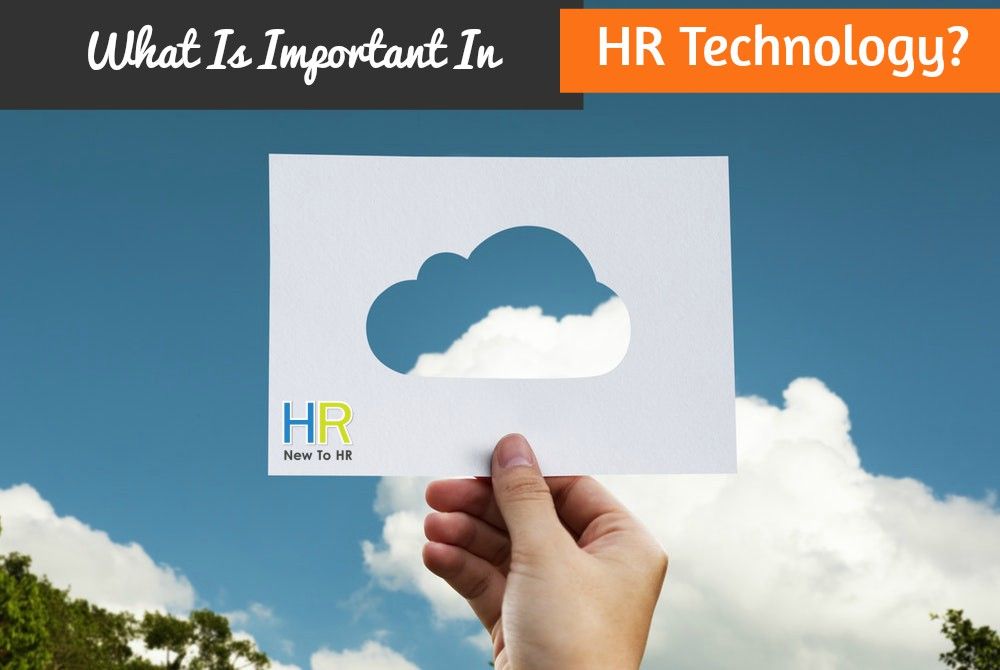
What Is Important In HR Technology?
Advances in technology are driving the change behind the way human resources works in the modern, flat world, and are creating solid patterns in the way of work. By assessing the emerging trends and looking forward to 2016, there are many computerized systems to keep your eye on.
What new HR technology can best benefit your organization?
With a computerized system for almost everything, failing to utilize all of your potential resources can leave you missing the boat on a high-tech HR function.
The radical mobilization of People Operations
As millennials, those aged between 18 and 34, tipped the generational scale and became the majority workforce in 2015, the dependence on technology has only risen. This age group grew up with computer systems, and are commonly more adaptable and welcoming to this resource. Ere Media stressed the importance of mobile technology for this market, stating that “instant access to information provides employees with a sense of control and puts them at the heart of their rewards program.”
Getting To Grips With HR Technology - Online Course
Remote benefits programs for the European Sector
The SHRM predicted that in 2015, European-based HR functions would “continue to see a shift in companies running decentralized HR processes and moving to centralized HR process with automated benefits administration,” aimed at allowing corporations to more closely assess their ROI and value. This move is allowing businesses to see exactly where their finances are going, are make informed decisions based on developing HR technology. Another critical role being transformed by mobile technology is recruitment. Social media networking and the ability to connect with and employ the services of remote workers across the globe has created a flat landscape of global business operations.
Analytics and Metrics
The International Association for Human Resource Information Management noted in a technology trend study that “the next decade will be the era of metrics of HCM, in which HR professionals, supported by big data, embedded tools and prepackaged analytics, have the knowledge, skills and tools to demonstrate the value of HR and people to business success,” and this trend has definitely continued in the last year, and shows no signs of slowing down in 2016.
Software consultants and outsourced tech companies are developing easily understandable analytics tools that translate the complicated world of Big Data into something tangible that professionals can incorporate into their business strategies. This remains massively important in HR today, as predictive data allows the department to increase the reliability of their decision-making, and avoid mistakes in workforce optimization.
As technology continues to evolve, so does the role of HR in business.
Until 2025 there will be likely many new and recurring trends and all will likely focus even closer on analytics and metric data in decision making, how mobile tech can improve recruitment of candidates and the way in which rewards and compensations are accessed and shared.
© New To HR


